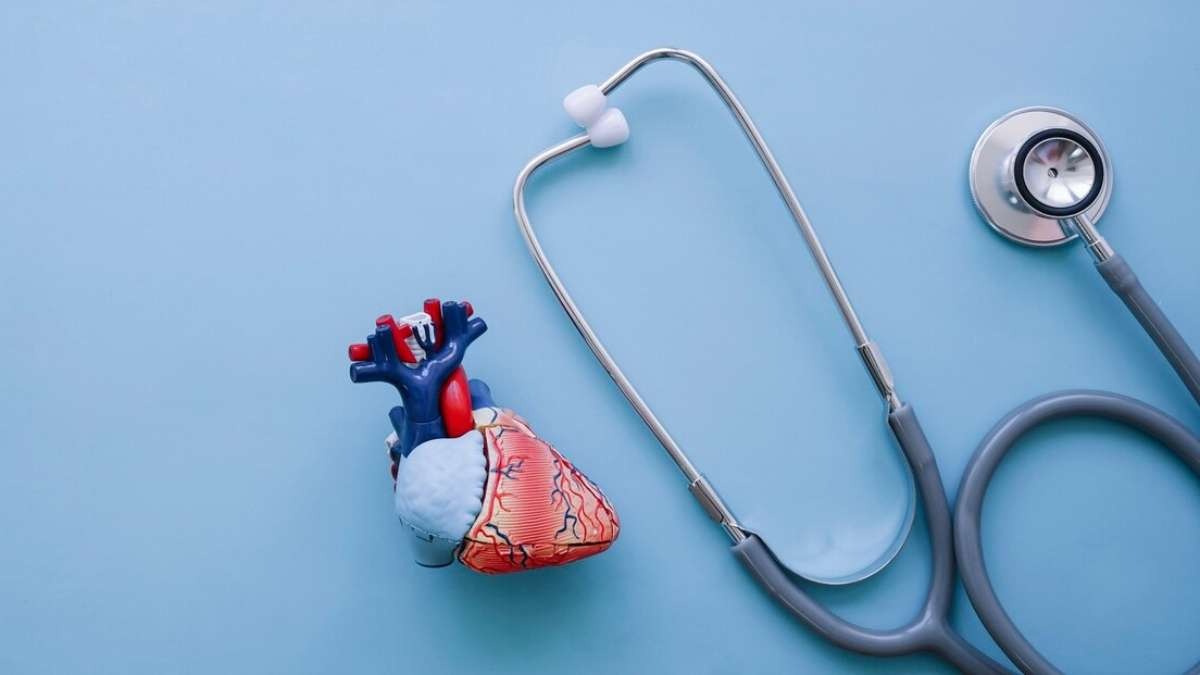
Health: Cardiovascular diseases (CVDs) remain the world's leading cause of death. Despite all the noise around creating campaigns to reduce early deaths from CVD globally, it has been an uphill battle, characterised by a major stride on the road to global non-communicable disease mortality through ischemic heart disease. In this article, we focussed on promoting heart health across the lifespan, with early preventive measures at the right time through testing and heart-healthy habits.
Here are the essential tips to keep your heart healthy along with important tests for consideration at each stage of life:
Heart Health in the Age of 20s and 30s
When we spoke to Dr Harsh Mahajan, Founder & Chief Radiologist, of Mahajan Imaging and Labs, he said that there are so many years before heart disease may appear to be popping up; this is when you should lay down the foundation for lifetime cardiovascular health. Heart disease can creep up silently-hypertension, high cholesterol, and the countless bad lifestyle choices that will bring serious conditions into the picture sometime later.
Early Warning Signs: Increased hypertension and cholesterol may come along with shortness of breath early in the presentation, therefore heralding the risk.
Blood Pressure Check: It finds early hypertension. Lipid Profile: It checks abnormal cholesterol levels. Blood Glucose Test: It helps identify high sugar levels in the blood, which could be a precursor to diabetes-a big risk factor for heart disease.
Lifestyle Advice: Develop heart-friendly habits with nutritionally sound diets, exercise regularly, including jogging and cycling, do not smoke, and cope with stress.
Balance Heart Health in Your 40s and 50s
In your 40s and 50s, the risk of heart disease escalates. It is essential to check and care ahead.
Warning Signs: Fatigue, palpitations, and chest pain can be indicators of evolving conditions like coronary artery disease or arrhythmia.
At this stage, some of the key tests include an Electrocardiogram (ECG) to check up on arrhythmias in the heart and a Stress Test to find out how well your heart can compensate in case you are exerting physically. Inflammation is very closely linked with a higher risk of heart disease and is measured by a C-reactive protein (CRP) Test.
Lifestyle Tips: Cut down on sodium, eat a heart-healthy diet and remain active. Follow up regularly to check cholesterol, blood pressure, and glucose levels.
The Turning Point: Heart Health in Your 60s and Beyond
At the age of 60 and beyond, you collect too many risk factors and your likelihood of developing heart disease goes up. Heart failure and coronary artery disease make visits to the doctor's chamber very common. You must be monitored closely for these problems.
Signs and Symptoms: Conditions of serious heart conditions often bring along symptoms like chest pain, breathlessness, and swelling of the legs.
Recommended Tests: Tests like Echocardiogram at this stage are very important. It is a detailed view of how the heart is working and can tell about possible diseases in it, such as heart valve disease. A Carotid Ultrasound allows for proper checks through arteries, and such blockages may cause stroke. Finally, a Coronary Calcium Scan aids in the measurement of calcium deposits in the arteries, showing the possible occurrence of atherosclerosis, which leads to the early stages of heart disease.
Lifestyle Advice: Engage in low-impact activities, including walking or swimming, and receive regular check-ups right from the beginning.
--Advertisement--

 Desk
Desk Share
Share






